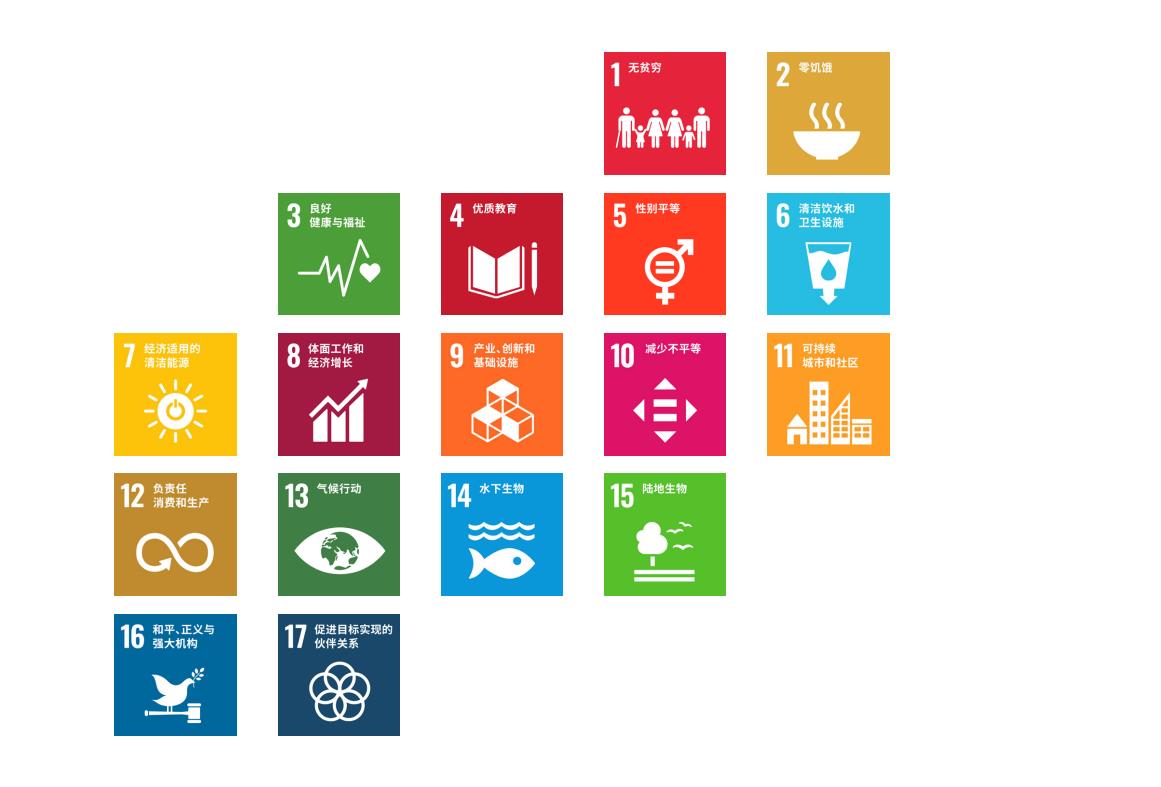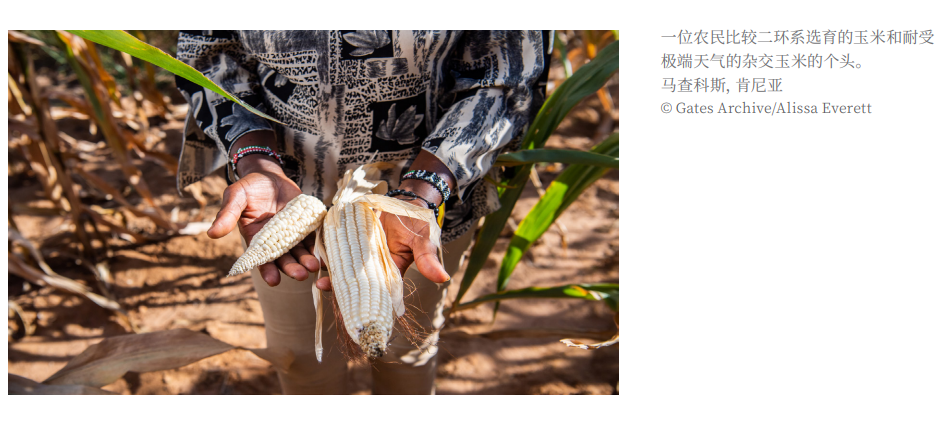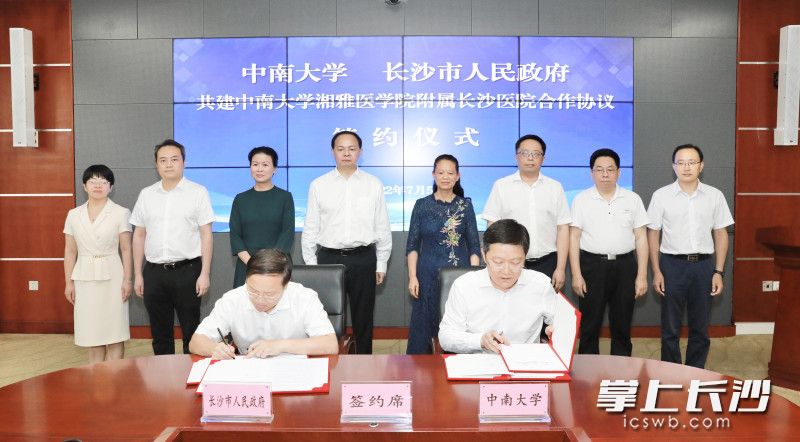Interview | Bill Gates: We must walk in front of the problem of population and climate change
Author:Surging news Time:2022.09.13
For more than a month, Bill Gates is about to be 67 years old.
The former richest man in the world, the founder of Microsoft, and the world's largest charity co -chair, like to share with everyone the biggest "dream" in the second half of his life.
"My for the rest of my life will be committed to those things that lead to inequality, including climate change and the risks of diseases to women and children. These problems are huge, but I believe that in my lifetime, we will largely solve these problems to a large extent. Most of them. "Gates said in an interview with surging news recently (www.thepaper.cn).
The story that Gates often told others that prompted him to convert his life runway was a report he read the New York Times in 1997. The article pointed out that many people in the third world countries are suffering from water pollution. Each year, millions of children die due to diseases such as malaria, which causes a major culprit to die. The first reason.
"The cause of death is completely avoided, just because they were born in Niger, not New York," the report said.
Beginning in 2008, Gates gradually faded out of Microsoft he founded and turned the focus of life to the Bill and Melinda Gates Foundation he had established (hereinafter referred to as the Gates Foundation), focusing on global health and education. Charity.
From 1995 to 2007, Gates became the world's richest man in the world's selection for 13 consecutive years, and has won the world's richest man many times since then. "Looking forward to the future, my plan is to donate all wealth to the foundation, and I will eventually withdraw from the world's rich ranking." He wrote in his personal blog in July this year.
The reason why Gates is still noticeable today is closely related to his "ambition" in the charity industry. On July 13 this year, Gates announced that it donated another $ 20 billion to the Gates Foundation. Before the foundation, the trustee and the "stock god" Voron Buffett also donated $ 3.1 billion to the foundation. The two donations made the Gates Foundation's total funds reaching approximately $ 70 billion.
On the same day, the Gates Foundation announced that it was planned to increase annual gift expenditures to $ 9 billion per year by 2026, an increase of 50%from the new crown epidemic. Since its establishment in 2000, the Gates Foundation has spent a total of $ 79.2 billion in donations, and has paid attention to major issues such as health, education, gender equality, and poverty alleviation. Over the years, major donation projects involved in the foundation of the Foundation include the development of AIDS, tuberculosis and malaria, and the development of new crown vaccines globally. Since 2002, these projects have saved nearly 60 million lives.
In 2017, the Gates Foundation released the first report based on big data analysis "Goalkeeper Report", which aims to pass the "Sustainable Development Objectives for 2030" (also known as the 2030 Sustainable Development Objectives "(also known as" (also known as "by all member states of the United Nations in 2015 (also known as 17 key indicators in SDGS) continue to track and analyze effective ways to achieve these goals.
On September 13, the sixth "Report on the Guardian" was officially released. The theme of this year's report pays attention to the global grain crisis under climate change. Right now, especially in Africa, tens of millions of people are in severe famine due to war, epidemic and extreme weather.
On the same day of the report, the 77th UN General Assembly also kicked off. A week ago, a report issued by the United Nations Development Planning Department (UNDP) warned that more than 90%of countries around the world were facing development difficulties by multiple crises. In the past few years, the new crown epidemic and the Ukraine crisis followed one after another, and interacted with various social, economic, climate change and polarization issues, which caused "devastating effects" to billions of people. Human development has fallen to the level of 2016, and most of the achievements achieved in achieving sustainable development goals have been reversed.
On the eve of the report, Gates accepted an exclusive video interview with surging news in the Office of Seattle. The topics such as characters shared his views.
Gates had revealed that after 20 years after his and his ex -wife Melinda died, he closed the foundation and spent all the donations within a few years after his death. He optimisticly predicts that at that time, the world will make great progress on many major issues, and the mortality rate of children in poor countries will no longer be higher than that of rich countries. "By then, there may be no funds that focus on these fields like us," he said.

The first 17 goals of the United Nations 2030 Plan
All goals are impacted
Surging News: In 2017, the first report of the "Target Guardian" reported that you mentioned that it was to track the progress of the United Nations "2030 Sustainable Development Objective". Now that the journey is more than half, but the progress of almost all goals has encountered setbacks. What do you think is the reason? Do humans still have the opportunity to achieve these goals as scheduled?
Gates: These goals are still very important because every saved life is important. Moreover, even if we can't achieve specific goals, we should do our best. In fact, when setting these goals, we did not expect that there will be a terrible major epidemic and Ukraine conflict. Of course, I have to say that some goals, even without these terrible events, are difficult to achieve, but some goals can actually be achieved. For example, children's mortality and maternity mortality rates, we ensure that the latest data in the report reflects that we are in the report that we are in The progress of progress in the real world. The reduction of global children's mortality rate is one of the greatest achievements in the world -from the death of more than 10 million children in 2000, we have reduced to about 5 million. (Editor's Note: According to statistics from WHO, since 1990, the mortality rate of children under 5 years of age has reduced 59%; from 1990 to 2019, the number of children under the age of 5 under 5 years of age from 12.6 million to 5.2 million .) Therefore, these goals, whether they provide food for everyone, or give women rights or reduce death, are still very, very important. I believe we can do very well, in part of the reason, until (new crowns) have made great progress before the coming of the popularity, and because of innovation -whether it is better drugs, better seeds, better mosquito nets, or better mosquito nets Innovation work is still smooth, these tools will help us continue to progress in different fields.
Surging News: Grain safety is the focus of this year's report. What do you think is the reason why the grain crisis is so serious this year? What is different from the past? Why do you think we need to change the problem of famine?
Gates: Hunger has always been a challenge. Different from poverty, in Asia, especially in China, the decline in the poor is very large, and the situation of unstable grain has not changed much.
Africa (with help) becomes a food export continents, not imported continents. Many African countries are still quite poor now. With the rise in chemical fertilizers this year, natural gas is interrupted, Africans cannot afford chemical fertilizer and cannot afford imported food. Some are women and children in Africa.
Therefore, we should cultivate better seeds for investment in Africa, provide better suggestions, and better obtain fertilizer loans. This has always been a challenge. Now, with the growth of (Africa), the intensification of climate change, and the comprehensive role of the situation in Ukraine, the situation is worse than we expect.
Surging News: You mentioned many technical innovation measures to deal with the grain crisis in the report, such as "magic seeds" (a hybrid corn seed that can adapt to high temperature and drought), but in addition, some experts also mentioned the water resources as water resources Management and utilization issues. How do you think can fundamentally help the African people from getting rid of the long -term hunger problem?
Gates: Fortunately, if we can make the African farmers competitive in the world market by improving productivity, then some infrastructure financing, such as roads or credit for fertilizer, can be realized through the private market. Of course, I do not mean that there is only better seeds. We must help train African farmers, provide them with credit, and ensure that (corresponding) infrastructure.
In the 1970s, the improvement of seeds created the "Green Revolution" (note: also known as the third agricultural revolution, referring to the large in developing countries in the late 1950s to the late 1960s. Agricultural technology progress that improves land productivity to increase land productivity.) Save the lives of hundreds of millions of people in Southeast Asia. Later, these crops were widely provided to more countries, and they helped the entire Asia, including parts of China.
Therefore, any idea about the second "Green Revolution" should pay special attention to the ecosystem of Africa and the use of widely used crops in Africa, and do not limit the main food of corn, rice and wheat. This is why our foundation is providing more funding for agricultural research, and we hope other people will do this too. We have also established long -term and quite successful partnerships with China for this reason. Of course, we need to do more.
How to view unfair

Surging News: We know that climate change often has the greatest blow to the poor. Although they have the least responsibility for climate change, how do you think of this unfairness? How can we persuade people who are not hungry to care about people who can't eat enough?
Gates: From a historical point of view, the most generous donor to Africa is a European country. In fact, they have achieved the goal of supporting the total domestic product of 0.7% for developed countries. (Editor's Note: The Organization of Economic Cooperation and Development requires developed countries to come up with 0.7%of its GDP for development assistance. This goal has become a ruler for the international community to measure the obligations of international development aid for developed countries.) Now Germany has reached this At a level, Norway and Sweden actually exceeded this level. We have not fulfilled their obligations to African people and all poor countries. But most of the poor countries are in Africa, so we need to help them as much as possible.
For example, the innovation of new seeds needs to be more generous to the public seed research system. Our goal is to reach $ 2 billion per year. The Gates Foundation has conducted some great cooperation in China, including introducing Chinese rice technology to Africa) (especially in West Africa) to provide better rice for farmers there, which has made their output quite large Improve. Similarly, we, together with several departments of the Chinese government, funded the Global Health Drug R & D Center (GHDDI) located in Beijing. The center has now made some progress in the new crown drugs. I hope that these drugs will not only be beneficial to China, but also for those people's lives It is also good for poverty -stricken countries that are still threatened by new crowns.
Although we already have the innovative model of cooperation that can help the poorest countries, it has not reached the scale we need, and we should regret it, especially for climate change.
Surging News: One of the most important achievements in China in the past few decades is to greatly reduce the poor people and solve their problem of food and clothing. What experience do you think China can share with the world?
Gates: There is no doubt that China has done very well in (upgrading) agricultural productivity, especially in the past few decades. China can from other countries, including Africa, but not only Africa, and share a lot -for example, how to organize national resources and market resources to obtain productivity improvement. The water management you mentioned is a good example. The ability to build infrastructure is another good example.
We must walk in front of the population growth and climate change. In many places in Africa, we have hope to do it. In the Sahel region (Note: Sahele is a vast region with a total length of more than 5,400 kilometers and across 14 countries between the Sahara Desert and the Sudan grassland region in northern Africa.) The amount is getting less, and now we look behind the development trend of negative situations. There are malnutrition problems there, and there are even risk of serious famine.
The biggest challenge in the future
Surging News: Which areas or technology do you think in the future deserve focusing on the comprehensive impact of climate change on human society?

Gates: Climate change can be divided into two parts, which slows down -that is, reduce the negative effects of emission greenhouse gases and adapt to the temperature rise that we cannot avoid. In terms of slowing down, you have to look at all the emission sources, including (many people do not realize) agriculture; industry, especially steel and cement; transportation, including large trucks and aviation.
In the United States, when many people think of climate change, they only think of cars and power generation. Thanks to the development of low -cost lithium batteries and low -cost solar panel technology, although the proportion of electric vehicles or solar power is still small, we will see growth in the future. But don't forget that these areas add up only about 30%of all carbon emissions.
Therefore, 70%of the other parts of the agriculture, industry and transportation industry also require solutions. We need to consider every item, and how we take the best innovation, whether it is from China or the United States. In addition, we need to deploy globally to reduce the "green premium" I call, that is, the additional cost of making green cement or green steel. Ideally, if the green premium can be zero, then you can ask all countries to change without providing huge subsidies that are difficult to achieve.
Surging News: What do you think is the biggest challenge to human beings in the future?
Gates: After World War II, we established many institutions to maintain peace. The war must be our biggest challenge in the future, and World War II was a huge tragedy. Especially now we have nuclear weapons, and the threat of large -scale wars is devastating. We also face the threat of many diseases. Big epidemic is a reminder: even for infectious diseases, existing tools and monitoring are not enough. There is also climate change, although it is slowly happening, the damage is already greater than we expect. Therefore, the reality is that humans will have to deal with everything at the same time.
Fortunately, we have human innovation. In addition, we have digital tools to help accelerate the innovation process. If we can achieve the ideal level of global cooperation, then China can play a huge role, and the United States can also be that only these two countries, but these two countries are the most important. If we can make the advantages of the two Combined, I think we can cope with all different challenges.
Surging News: You have founded one of the most successful companies in the world. Now you have worked for decades in the world's largest charitable institution in the world. What is the difference between the two?
Gates: I like my work in Microsoft. It is not only very interesting, but also has a positive impact on the world. It also provides me with all the resources needed for the work of the foundation. The Foundation is the brilliant combination of Berkshire Hathaway, a Berkshire Hathaway founded by Walren Buffett in Microsoft. To be honest, it may be more fulfilled to improve health and save life, but I am very lucky to have these two great professional experiences.
- END -
Path repairs and purchase of common property houses ... The officials of Changping netizens were officially replied!

Where can I find the answer if I encounter a problem in Changping's life? Of cours...
Zhongnan University and Changsha City Government co -established Changsha Hospital affiliated to the Xiangya Medical College of Zhongnan University. Tian Hongqi Zheng Jianxin attended the signing ceremony

Joint Changsha Hospital of Xiangya Medical College of Zhongnan UniversityZhongnan ...